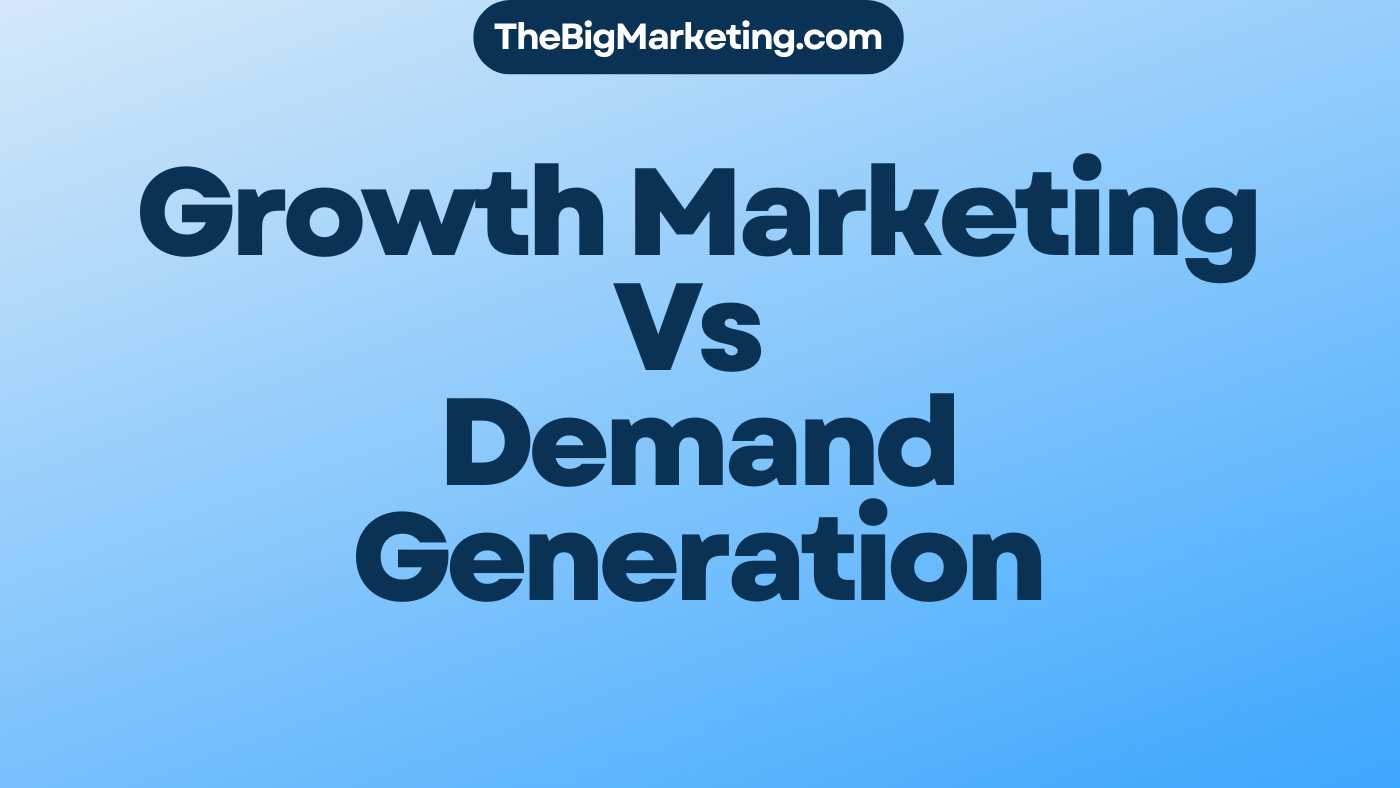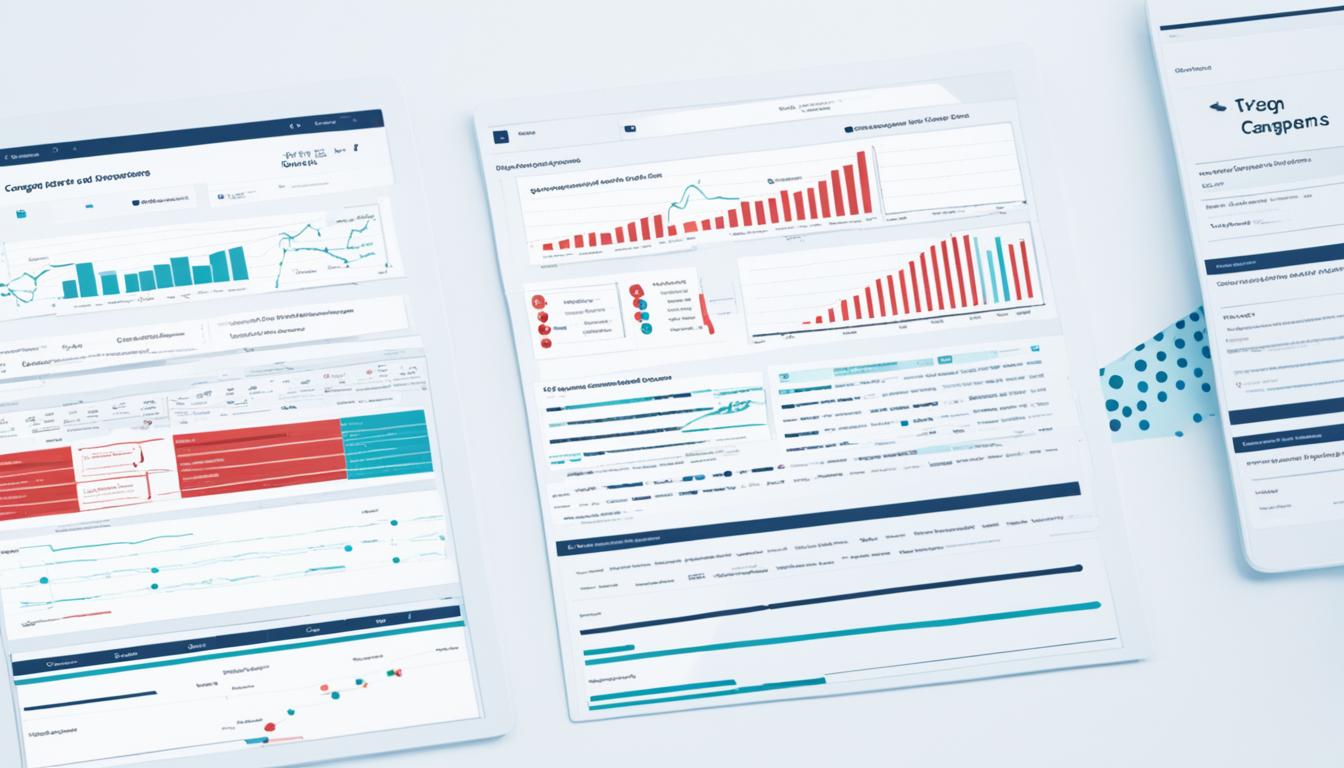A unique selling proposition, or USP, makes your business stand out. It’s that special something only you offer. In a market full of choices, a strong USP draws customers to you. It shows how you’re different and better than others.
Your USP isn’t just a catchy phrase. It’s a promise of value, driven by what customers seek. And it should drive every part of your business. This ensures your brand shines, attracting and keeping customers.
Key Takeaways
- A unique selling proposition (USP) is the one aspect of your business that sets you apart from the competition.
- Having a strong USP is crucial for attracting and retaining customers in a crowded marketplace.
- A compelling USP should be assertive, focused on what customers value, and backed up by your entire business operations.
- Your USP helps differentiate your brand, position your products, and guide your marketing and messaging strategy.
- Your USP should inspire action and go beyond just a slogan.
What is a Unique Selling Proposition?
A unique selling proposition (USP) is what makes your business stand out. It could be something special about your product or service. Or maybe it’s an amazing customer experience you offer.
Often shared through catchy slogans or messages, your USP highlights what’s different about your brand. It forms the core of how you position your business. It tells your customers why they should pick you over others.
Why is a Unique Selling Proposition Important?
A unique selling proposition, or USP, is key in your marketing strategy. It sets your business apart from competitors. With it, you can attract and keep customers in a crowded market.
Having a strong USP makes your business stand out. It’s a main tool in your marketing. It lets you show your unique value to your target audience.
Your USP is what people think of when they hear your company’s name. It shows what makes you different. This increases brand awareness and makes your business memorable.
When you highlight your USP, you stand out from the crowd. It creates a strong connection with your customers. This leads to their loyalty and more business for you.
A strong USP also helps you get new customers. It shows the benefits and value you offer. This makes your brand the top choice for their needs. This leads to more customers and a bigger market share.
Without a USP, your business may blend in too much. Your marketing might not hit the mark with your audience. This can limit your success in getting customers and raising brand awareness.
Can Your Personal Brand Be the USP?
Yes, your personal brand can be your USP. It is the impression you leave on others and can set you apart in business. Elon Musk and Tesla show how personal brand can drive your USP. Your traits, values, and reputation can make your business stand out. They attract customers who connect with what you stand for.
Your personal brand distinguishes you from competitors. It tells your unique story and shows your beliefs and skills. When customers feel this connection, they trust and stay loyal to you. This trust turns your personal brand into the heart of your USP. It shapes how you market and how people see your products or services.
Building your personal brand means showing what makes you unique. Pinpoint your values and strengths to make your USP. These elements craft a message that speaks to those you want to reach.
Using your personal brand as your USP sets you apart in crowded markets. It places you uniquely, draws the right customers, and builds a strong name. Your brand then becomes key to your business, leaving a memorable mark and beating competitors.
Advantages of Using Your Personal Brand as Your USP
Using your personal brand as your USP has many benefits:
- Authenticity: Your personal brand shows your true self, creating deeper bonds with your audience.
- Trust: People often trust individuals over faceless companies, making them more open to your brand.
- Expertise: Your knowledge boosts your credibility, marking you as a leader in your field.
- Emotional Connection: Your personal brand builds emotions and belonging, securing loyal customers tied to your story.
To make the most of your personal brand and USP, match them to your audience’s needs. Knowing your audience and speaking to their interests makes your USP more powerful.
Elements of an Effective Unique Selling Proposition
Making a strong unique selling proposition (USP) is key for your brand’s success. To make a great USP, focus on customer benefits, its unique features, and solving customer problems.
A strong USP is simple and clear. It moves people to act and clearly shows what makes you different from others. Skip the pointless words and show the real value you give your customers.
Benefits to customers
When building your USP, think about how it helps your customers. Consider how your product or service fixes their issues or meets their needs. Point out the benefits of picking your business over the competition.
Uniqueness of the message
Your USP needs to be one-of-a-kind and set your brand apart. Find out what makes your business special and highlight it. It could be top-notch quality, new features, or great customer service. Focus on what makes you stand out.
Targeting customers’ pain points
A good USP speaks directly to the customer’s struggles. Know who your customers are and what they battle with. Make your message meet their needs and show how your business is the answer. Show them how your brand will ease their troubles and improve their lives.
Creating a strong unique selling proposition can be hard, but start by asking certain questions. Think about what you want people to remember, how your business meets customer needs, and what makes you different from others. This will help you create a strong USP that boosts your brand and marketing.
How to Create an Effective, Customer-Focused Unique Selling Proposition
Creating an effective USP is crucial to stand out and draw in key customers. It involves understanding your audience, their needs, and the competition. To craft a winning USP, know your target market and the competitive field well.
Define Your Target Audience
Begin by identifying who your target audience is. Look into their likes, values, and what matters to them. Knowing their struggles, dreams, and goals helps create a USP that speaks to them directly.
Analyze Competitors
Then, analyze what your competitors are doing. Spot areas where you can do better and offer something unique. By observing how competitors meet customer needs, you can find ways to stand out.
Focus on Customer Needs
Addressing customer needs is vital for a strong USP. Make sure your USP shows how you solve their issues and offer value. By effectively tackling customer problems, your USP becomes more attractive.
Be Creative and Original
Don’t hesitate to be innovative with your USP. A unique and bold USP grabs attention and distinguishes you from others. Think of new ways to present your product or service, adding benefits that rivals might lack.
Your USP should prioritize customer needs and clearly show how you fulfill them best. Keep it straightforward and comprehensible. A well-crafted, customer-centered USP sets your business apart, attracts the right crowd, and boosts your marketing success.
Unique Selling Proposition Examples
Looking at examples helps us get what a strong unique selling proposition (USP) means. Below, we see nine examples showing how businesses stand out with their USP and marketing strategy:
Example 1: Tesla
Tesla stands out with its green cars changing the car industry. It focuses on sustainability, advanced tech, and innovation. This attracts those who care about the planet.
Example 2: Apple
Apple is known for its easy-to-use, beautiful products. They blend tech with lifestyle perfectly. This sets Apple apart from others.
Example 3: Airbnb
Airbnb shakes up the usual stay places by offering unique travel spots. It lets people stay in homes for a more local, cheaper experience than hotels.
Example 4: Dollar Shave Club
Dollar Shave Club offers good razors and grooming stuff at low prices. It’s all about convenience, saving money, and great service. This makes them stand out.
Example 5: Warby Parker
Warby Parker sells stylish, affordable glasses with a mission. For each pair sold, a pair is donated. They’re different from usual glasses stores.
Example 6: Netflix
Netflix has a huge choice of shows and a simple platform. It has no ads and lets you choose what to watch. This changed how we watch TV.
Example 7: Amazon
Amazon is all about easy shopping, variety, and good prices. With its fast shipping and service, Amazon has reshaped retail.
Example 8: Patagonia
Patagonia cares about the planet, ethical making, and being responsible. They make quality outdoor stuff with little harm to earth. This wins eco-friendly shoppers.
Example 9: Nike
Nike’s strong brand supports athletes and the spirit of sports. It motivates athletes everywhere, making a special bond with sports lovers.
These examples show how crucial a good USP is to stand out, draw customers, and guide your marketing.
| Company | Unique Selling Proposition |
|---|---|
| Tesla | Commitment to sustainable, innovative electric vehicles |
| Apple | User-friendly, seamlessly integrated technology products |
| Airbnb | Authentic and personalized travel experiences |
| Dollar Shave Club | High-quality razors and grooming products at affordable prices |
| Warby Parker | Affordable, designer-quality eyewear with a social mission |
| Netflix | Extensive content library and personalized recommendations |
| Amazon | Convenience, selection, and competitive pricing |
| Patagonia | Sustainable and ethically produced outdoor clothing and gear |
| Nike | Association with athletes and sports excellence |
How to Use a Unique Selling Proposition in Your Marketing Strategy
Make your unique selling proposition (USP) a big part of your marketing strategy. This tells customers why your brand is special. Your USP should stand out in all of your marketing messages.
Put your USP at the heart of your ads, website, and social media. Talk about what makes your business different and better. This shows customers why they should pick you over others.
Keep showing off your USP clearly and boldly. This pulls in the right people and makes your brand unique. Doing this helps people remember your brand and stay loyal.
Your USP can’t stay the same forever. It’s important to keep updating your marketing to stay in tune with your audience. Their needs and likes can change, so your USP should too.
To use your USP well, know your market, competitors, and what’s new in the industry. Stay informed about market trends and what consumers want. This keeps your marketing fresh and leading-edge.
Your USP is the heart of your brand’s story and ads. It guides what you say and how you look in all your marketing. By using your USP everywhere, you make a strong brand that makes an impact.
Now, let’s see how to use a unique selling proposition in action:
| Marketing Channel | Implementation |
|---|---|
| Website | Show your USP well on your homepage and key pages. Write great copy that shows your brand’s special value. Use designs and visuals that back up your USP. |
| Social Media | Use your USP in posts, captions, and profiles. Make content that’s good-looking and matches your USP. It should connect with your audience. |
| Advertisements | Make ads that grab attention and show your USP. Use strong headlines and visuals that show what’s unique about your brand. |
| Email Marketing | Bring your USP into emails, from subject lines to calls to action. Write messages that speak directly to your audience’s needs and wants. |
By always using your USP in your marketing, you make a strong brand that stands out. Keep checking and updating your marketing to keep your USP fresh and powerful.
Conclusion
A unique selling proposition (USP) sets your brand apart in a crowded market. It helps you stand out to your target audience. This leads to more customers and loyalty.
To craft a strong USP, find a specific niche. Position your brand as the best answer to a certain need. Show the unique value you bring and share it everywhere. This makes your brand special and memorable.
A good USP is more than a catchy phrase. It should encourage people to choose you. By using your USP in your marketing, you can shine, even in tough markets. Define your USP, focus your brand, and watch your business reach new successes.






